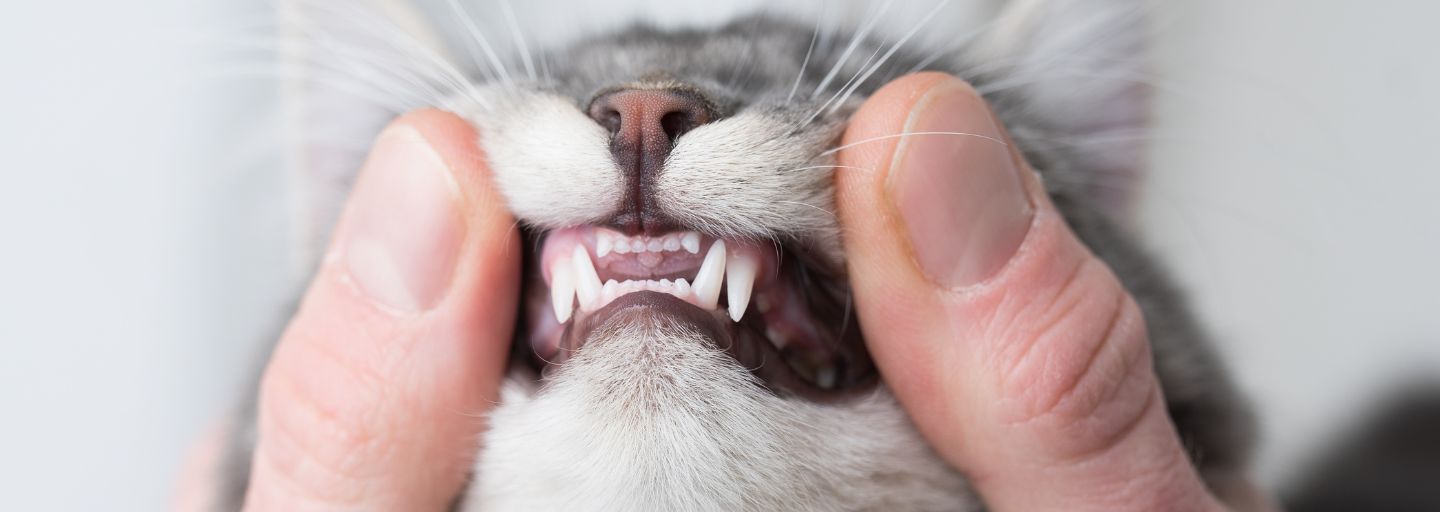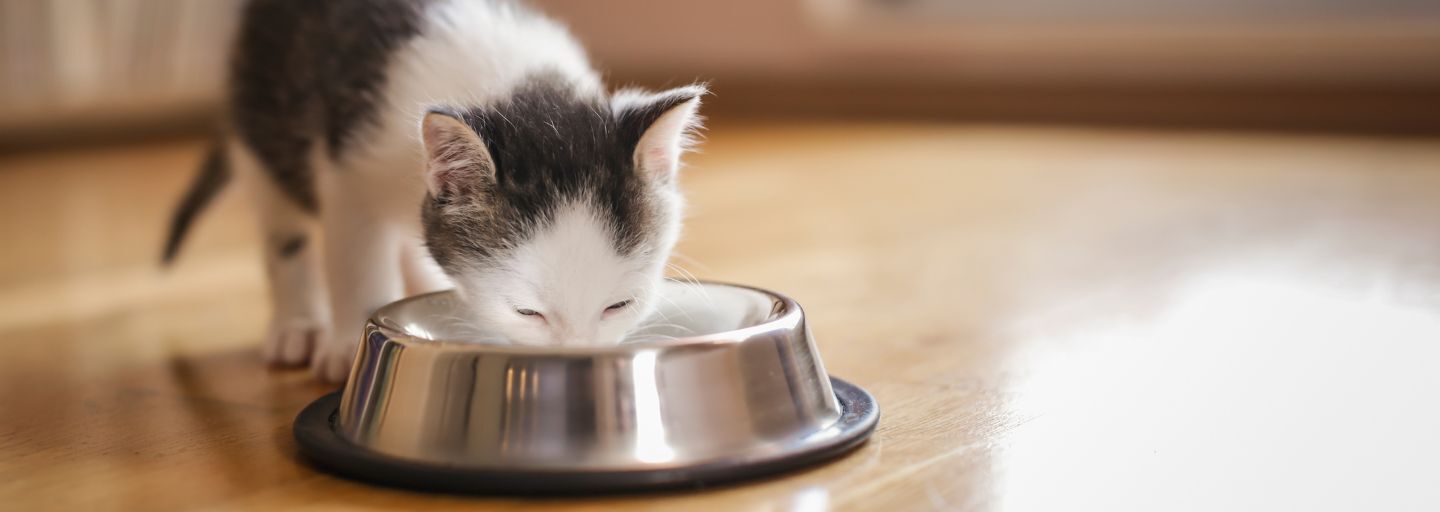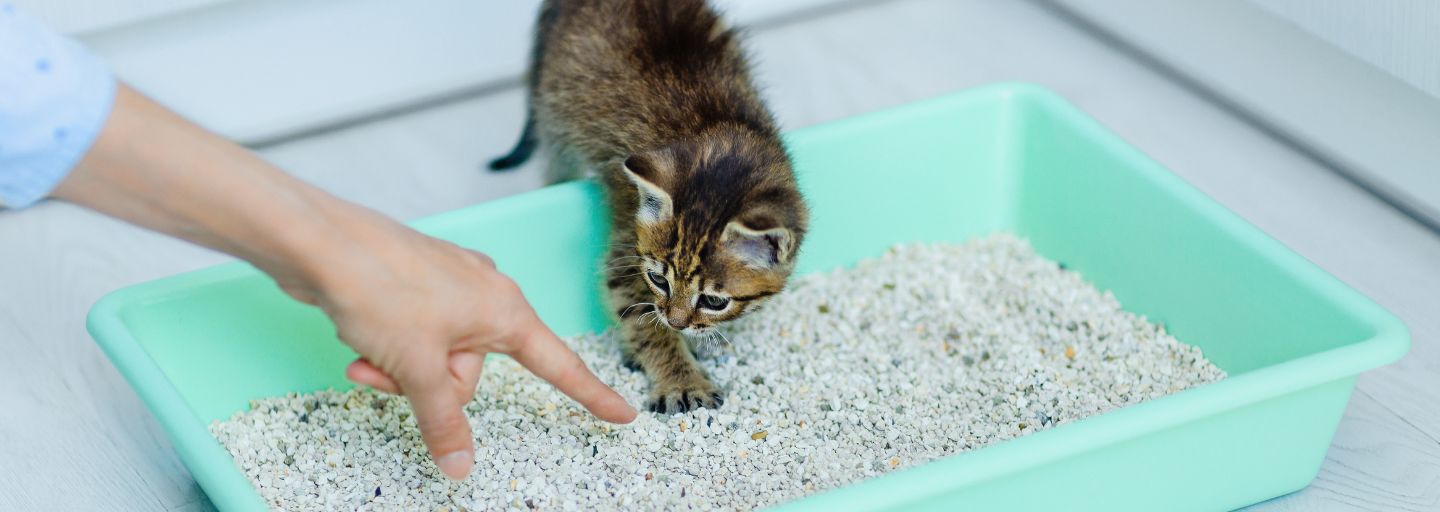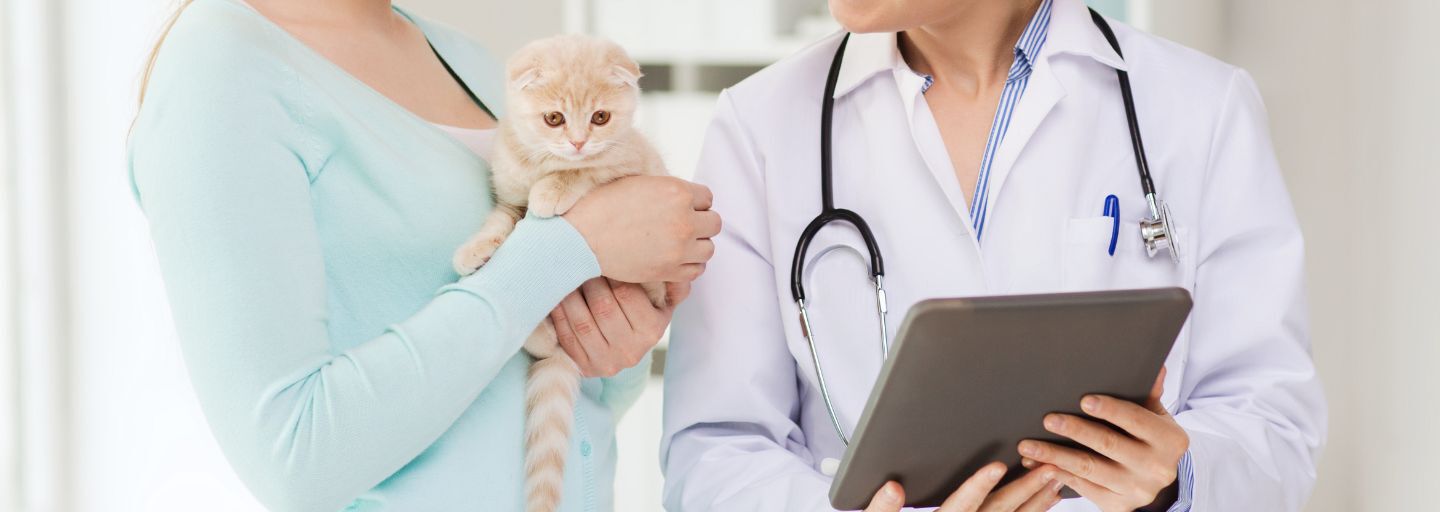It’s never too early to start looking after your kitten’s teeth. Establishing a regular brushing routine and providing proper dental care can help prevent tooth decay, gum problems, and other dental issues in the future.
Understanding "Milk Teeth"
At around 3 weeks old, your kitten’s "baby teeth" or "milk teeth" (i.e., primary teeth) start to have more functionality. As kittens begin to eat solid food, they also learn how to hunt, catch prey, and engage in play/fighting with their siblings. As the kitten grows, so does their jaw size, and the need for stronger and larger teeth becomes apparent. Consequently, the baby teeth are naturally replaced by permanent ones when the jaw reaches its adult size, resulting in your cat losing teeth.
The duration of this tooth transition process can vary from kitten to kitten, but tooth loss generally starts at about 3 months of age and ends around 9 months. This process is stimulated by biting toys and engaging in play/fighting with other kittens.
Caring for Your Kitten's Teeth During This Period
During the period when your kitten is losing their baby teeth and growing their permanent teeth, it's important to take certain precautions and provide appropriate care:
- Be careful and gentle when playing with your kitten, avoiding pulling toys from their mouth. This helps prevent accidental damage to their teeth or gums.
- Avoid brushing their teeth during this time, as their gums may be sensitive and their teeth may be loose. Focus on establishing a positive association with tooth brushing by introducing them to the sensation of having their teeth touched gently with a soft brush or rubber fingertip applicator. This helps them become accustomed to the contact and taste.
- Feed them wet food to facilitate ingestion without requiring much chewing, or soften their dry kibbles with water. This helps ensure they can comfortably eat during this transitional period.
Keeping Your Kitten's Teeth Clean and Healthy
It's essential to establish a dental cleaning routine early in your kitten's life to prevent dental problems as they grow older. Here are some steps to follow:
Gradual Introduction to Tooth Brushing
Once your kitten is comfortable with having their teeth touched, consult with your veterinarian to determine if they are ready for tooth brushing. It's important to note that milk teeth should not be brushed. When you receive the go-ahead, begin by washing your hands and gently pulling back your kitten's lips. Apply the bristles of a soft toothbrush or a specially designed pet toothbrush at a 45-degree angle and use small circular motions on the outside surfaces of their teeth. Start slowly and use special pet toothpaste in tasty flavours to make the experience more enjoyable for your kitten.
Focus on Plaque Removal
Kittens tend to accumulate plaque on the outside of their teeth rather than the inside. Pay close attention to brushing the outer surfaces of their teeth, where plaque build-up is more common. Plaque, if not removed, can harden into tartar, which irritates the gums and can lead to gingivitis and tooth loss.
Regular Dental Check-ups
Schedule regular dental check-ups with your veterinarian to monitor your kitten's dental health and address any potential issues early on. Your veterinarian can provide professional dental cleanings and offer guidance on maintaining your kitten's oral hygiene.
It's important to understand that unclean teeth can negatively impact many areas of your kitten’s health. Bacteria from dental problems can enter the bloodstream and potentially damage vital organs such as the kidneys. By establishing a regular dental care routine and providing proper oral hygiene, you can help ensure your kitten's teeth stay clean and healthy, promoting their overall well-being.







